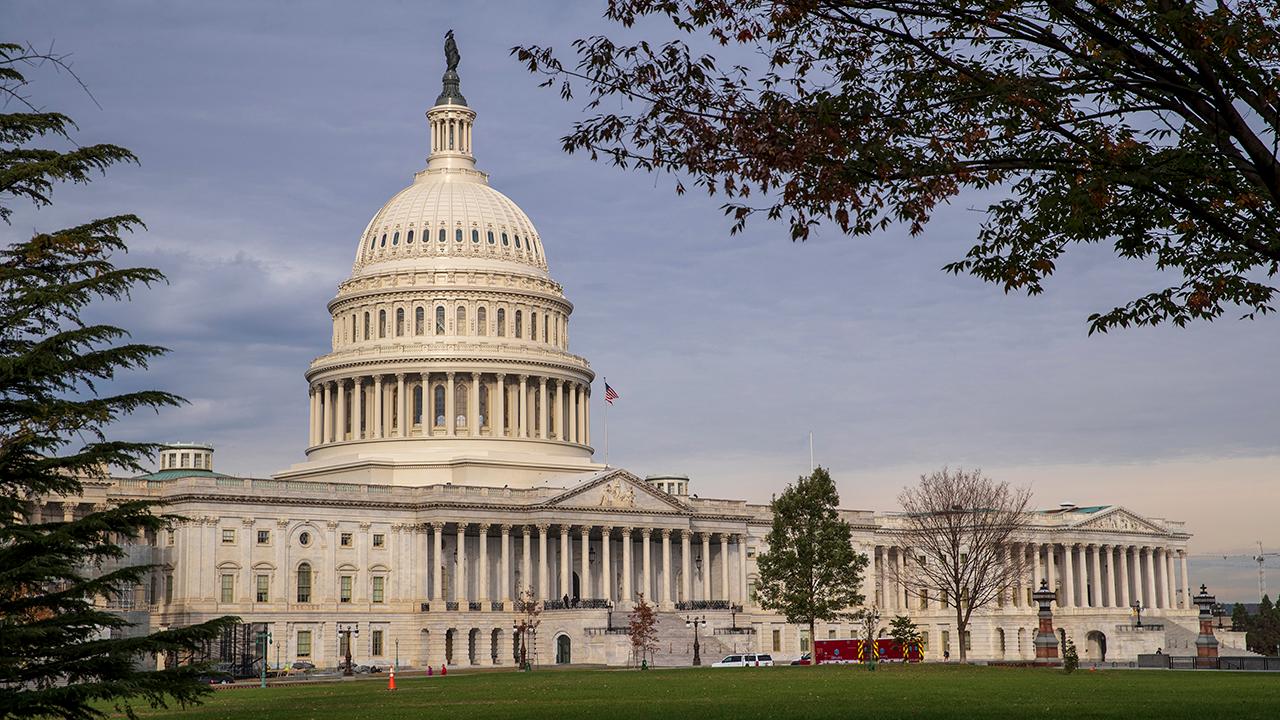Few NY businesses sign up for state program to bypass Trump tax limits
New York Gov. Andrew Cuomo said a program enacted in April would help protect employees from new federal limits on the deductibility of state and local taxes.
A state official said 220 businesses had opted into the plan as of Friday, a figure representing less than 0.1% of the state's employers and an unknown number of employees.
"This is a pretty small share of the employer universe," said Ken Pokalsky, vice president of the Business Council of New York State, which represents large employers. "Their experience in year one may encourage others to participate, or could illustrate the need to modify the program to promote broader participation."
Leaders of business groups in New York, Buffalo, Rochester, Syracuse, Albany, Long Island and Westchester County said they weren't aware of any major employers who are participating. Many held outreach sessions for their members, who considered the program but deemed it unworkable for a variety of reasons.
Morris Peters, a spokesman for the state's Division of the Budget, saw the participation rate as a positive sign. He estimated that thousands of people who work for the employers who opted in would benefit. Saturday was the deadline to opt in for 2019.
"The fact that hundreds of employers have registered shows that the business community is taking this federal tax threat seriously and many are taking this step to protect their employees," Mr. Peters said.
New York's program was enacted in April as part of the state budget, at the urging of Mr. Cuomo and in response to President Trump's tax law. That law capped the amount of state and local taxes that a taxpayer could deduct from their federal income at $10,000.
The Democratic governor has said the federal cap -- which his aides estimate will cost 1.7 million taxpayers $14.3 billion -- was an "assault" on the state's economic competitiveness. Those figures don't account for reduced tax rates, and several studies show the majority of New Yorkers will receive an overall tax cut.
The impact is concentrated in downstate areas such as Westchester, Nassau and Suffolk counties, where the average annual property taxes for a single-family home were more than $10,000 in 2016, according to a report by Attom Data Solutions, a real-estate data company.
Here's how the program lets New Yorkers circumvent the deductibility cap: Employers can opt to impose a levy, starting at 1.5% next year but rising to 5% by 2021, on employee wages over $40,000. They would likely reduce or hold down employee wages by the same amount.
Employees would be granted a credit against their state income-tax liability equal to the amount charged in the payroll tax. The taxpayer's pretax income would decline, but they would see lower federal taxes and greater after-tax income.
Problems quickly emerged for most employers, according to tax lawyers and accountants who studied the programs and discussed it with their clients. Out-of-state employees could face double-taxation in their state of residence that would undo any savings. Collective-bargaining agreements could make it impossible to hold down wages. Pretax income is an important marker for a host of employee benefits. And employers had a hard time selling employees on the idea that a pay cut would actually benefit them.
"To me, for a large business with a diverse workforce, this is just way too complex," said Joshua Gewolb, a partner at Harter, Secrest and Emery, a law firm in Rochester. "But if you have a small group of highly compensated people -- like you're running a doctor's office or a law firm -- it might work."
Dean Skarlis, president of The College Advisor of New York in Albany, heard about the program from the local chamber of commerce. He employs 11 people, but one lives out of state, and not everybody is paid more than $40,000.
"Once I saw the word optional and heard the word tax, I shied away from even considering it," Dr. Skarlis said. "It's just going to create more work for small business owners like me."
Mr. Peters said the Department of Taxation and Finance couldn't release data on the firms who opted in because of confidentiality restrictions. Administration officials spoke about the program with business groups and tax practitioners throughout the year.
Tim Noonan, a partner at legal firm Hodgson Russ who splits his time between New York City and Buffalo, said he has spoken about the program at a half-dozen accounting seminars around the state in recent months.
"I think companies just aren't seeing the cost benefit. It's very complicated," he said. "Every time I ask if anyone has a client who has opted in, no one raises their hand."




















